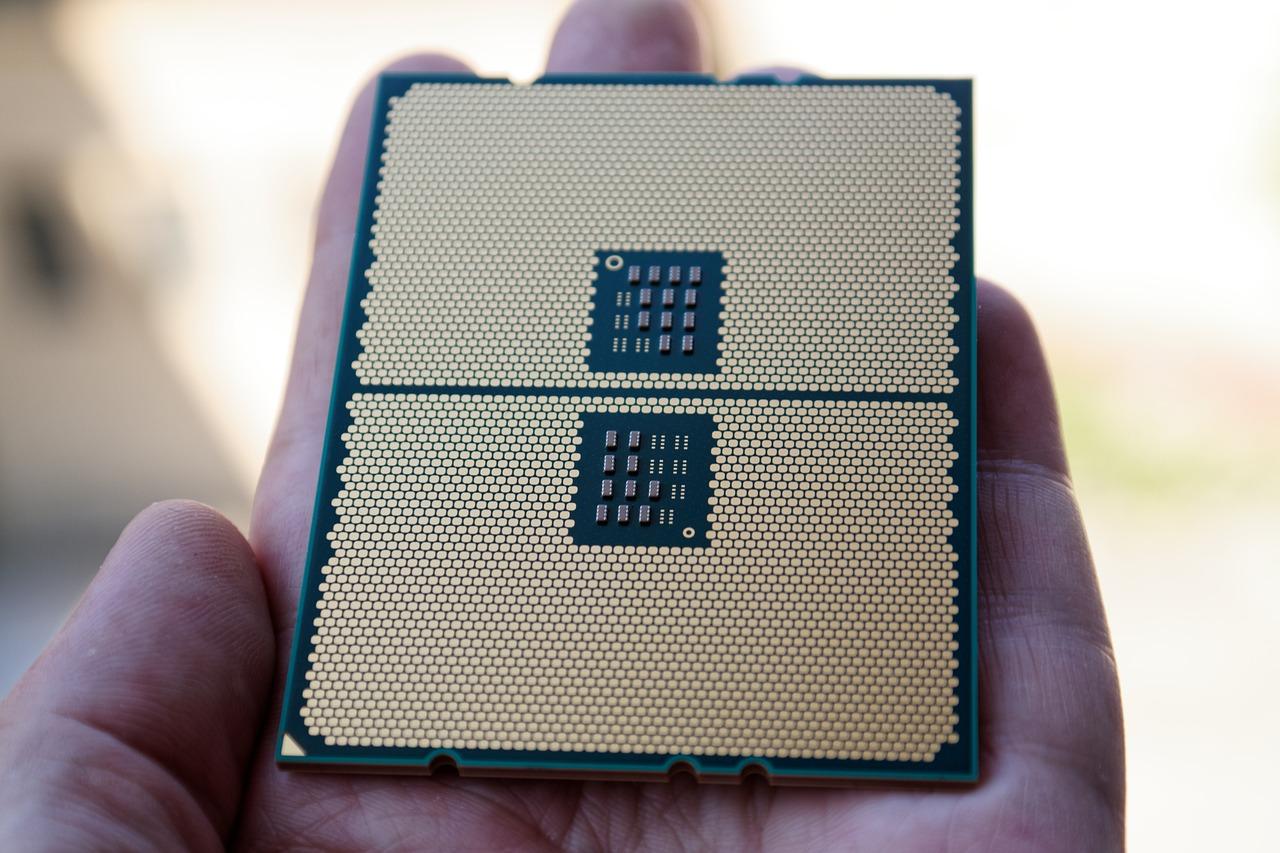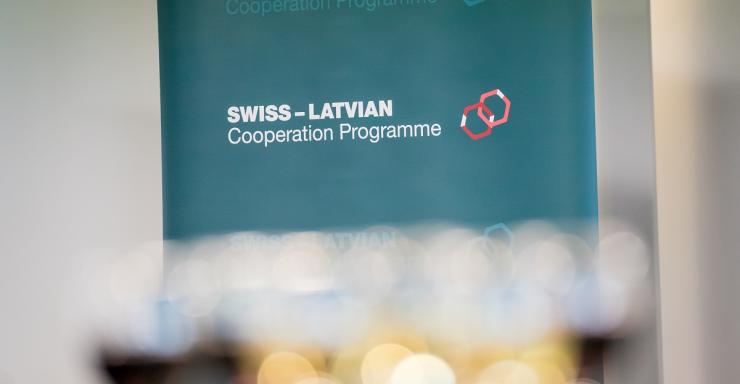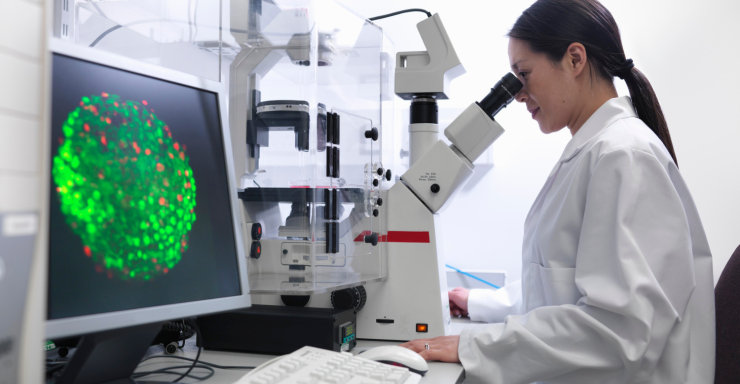To strengthen Latvia's capacity to become a significant player in the global supply chains for vital microchip production, new partners have joined the national microchip initiative, including several large foreign companies or their Latvian subsidiaries.
The memorandum of understanding has been joined by Siemens Industry Software Oy, ROBERT BOSCH, which coordinates Bosch's operations in the Baltic region, unmanned aerial vehicle manufacturer Edge Autonomy Riga, electronics assembly company Wiseberg Technology, and the Ventspils Freeport Authority.
The new partners ceremonially signed the agreement during the microchip initiative partners' meeting on December 3 at Riga Technical University (RTU). The partners commit to fostering the development of a semiconductor ecosystem, strengthening cross-sector collaboration, and enhancing Latvia's role in global supply chains. They also aim to improve education and research in semiconductor technologies to create a skilled workforce, increase microchip design and testing capabilities, and expand Latvia's potential in this field.
Currently, the design and testing phase accounts for the largest share of the microchip industry's revenue, and Latvia has unique advantages over neighboring countries in this area, including competent specialists and advanced technologies. The memorandum's partners also seek to raise awareness among policymakers and the public about the importance of this sector for economic development.
"Our scientists and companies have already demonstrated global-level competence in developing competitive microelectronics technologies. This has been recognized by the European Commission, which approved Latvia's application to establish a microchip competence center submitted by RTU in collaboration with the University of Latvia (LU). The growing interest of both Latvian and foreign companies to collaborate in developing a strong semiconductor ecosystem highlights this," said Liene Briede, RTU's Vice-Rector for Innovation. Close cooperation among businesses, academic partners, and state institutions is crucial to strengthening Latvia’s position in the global microchip sector, thereby enhancing the country’s economic security.
The new memorandum partners join a coalition that includes RTU, the Ministry of Economics, the Ministry of Education and Science, the Latvian Employers' Confederation, LU, the LU Institute of Solid State Physics, the LU Institute of Mathematics and Informatics, the Liepāja Special Economic Zone Authority, and companies such as Latvijas Mobilais Telefons, Mikrotīkls, Tet, and VAS Elektroniskie sakari. The memorandum was signed at the end of 2022, and since then, partners have regularly met with each other and with politicians and international partners to assess Latvia’s potential in the global semiconductor value chain and its impact on the national economy.
During this meeting, the partners discussed the establishment of a competence center in Latvia and other current microchip initiatives and collaboration projects.
The EU Chips Act emphasizes the need for member states to establish semiconductor competence centers to enhance EU sovereignty and self-sufficiency in the semiconductor market. RTU’s strategic goal is to take it a step further by establishing a microchip design and testing laboratory.


